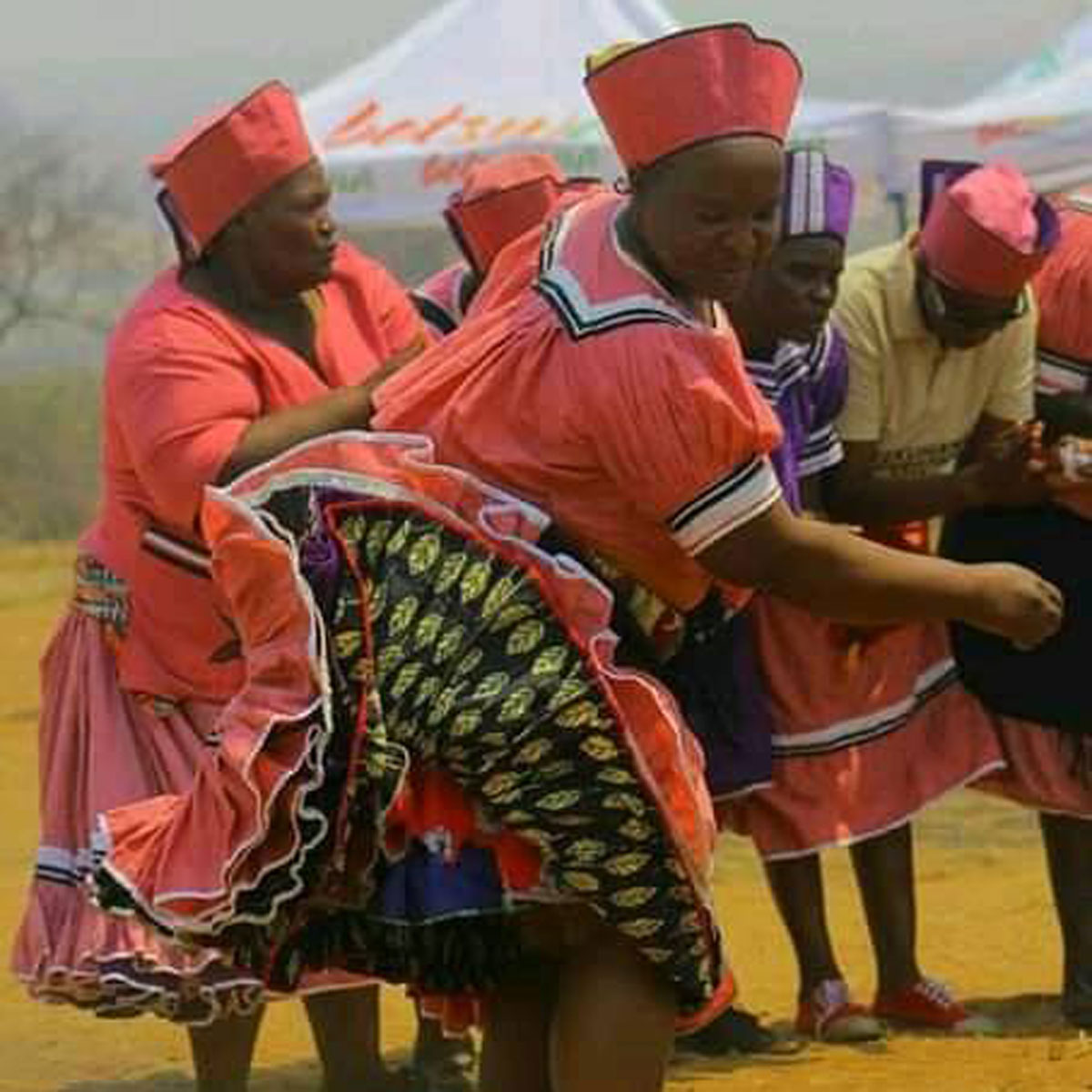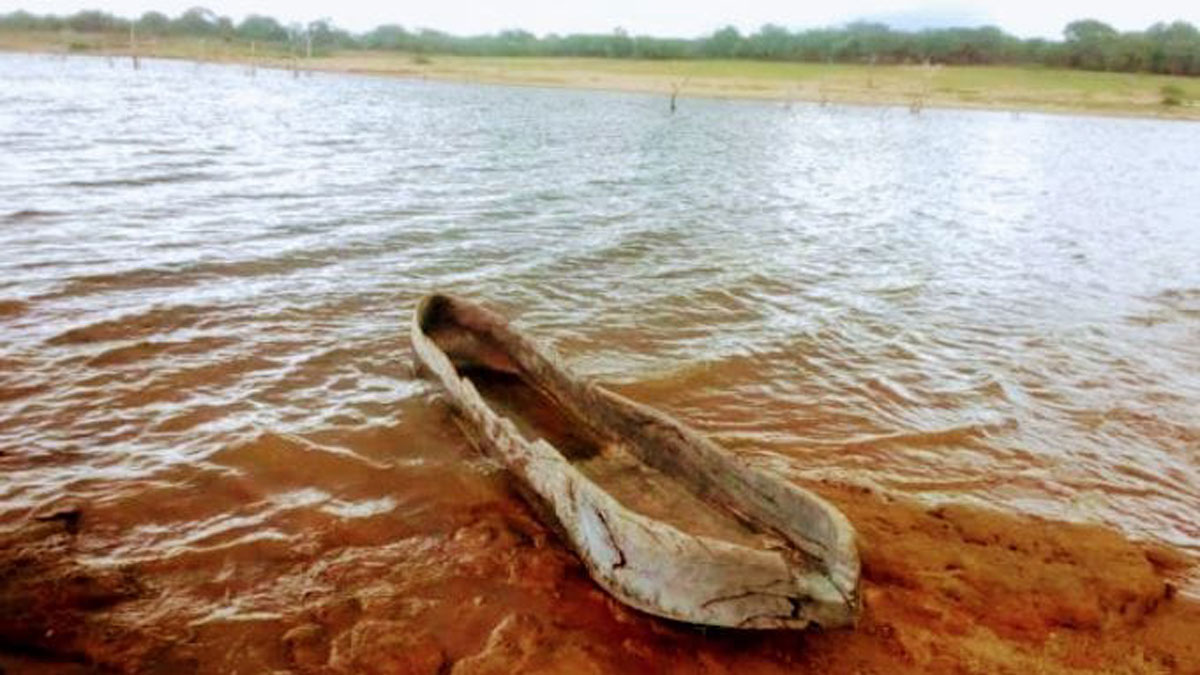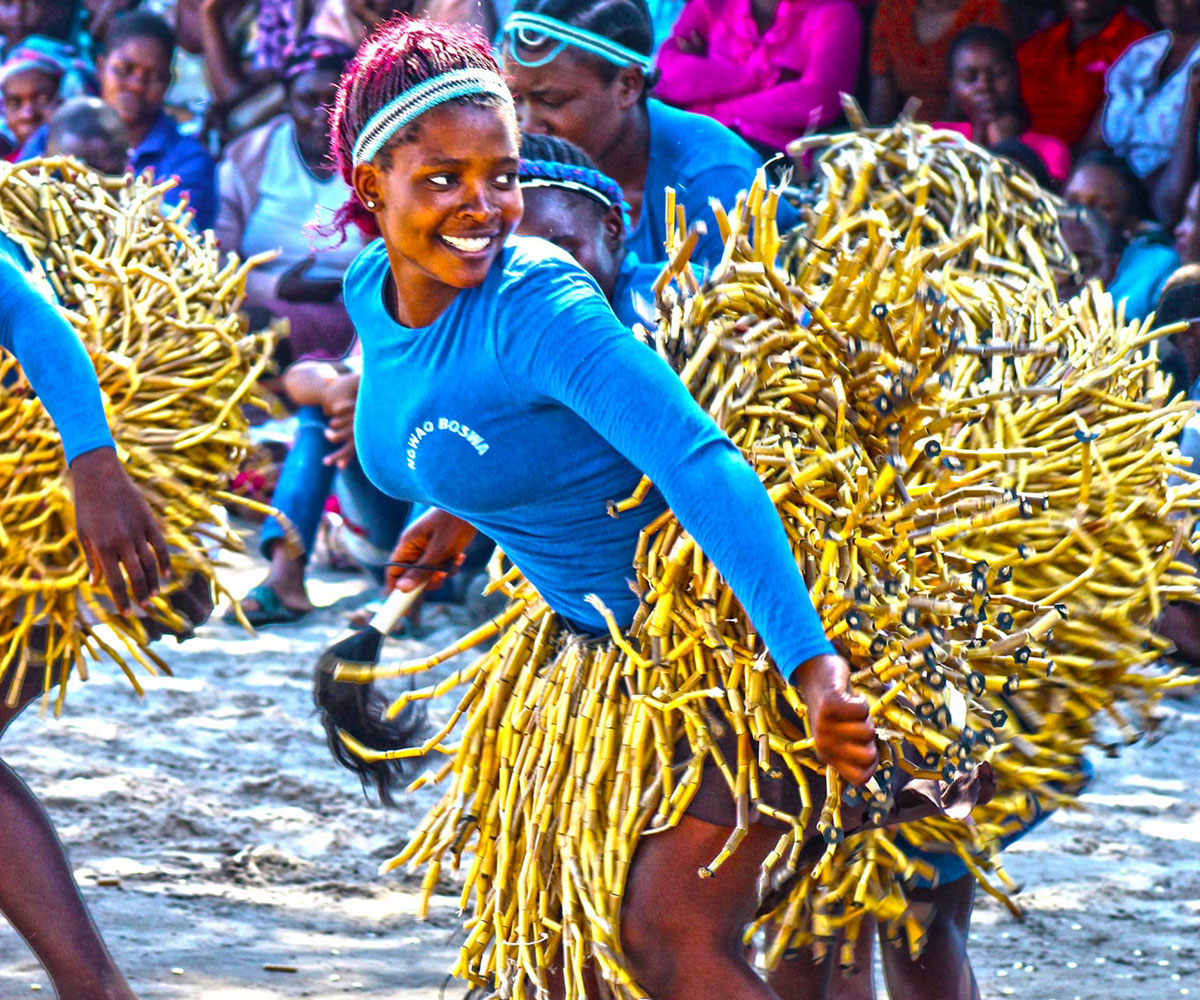One of Botswana’s most distinctive tribes, the Vekuhane (Basubiya) are planning a massive cultural event in September.
Held in Kavimba village, some 80km north west of Kasane, the annual Cisiy-nkulu is one of the biggest cultural celebrations in the country.
Over the years, the event, which is celebrated in both Namibia and Botswana, has been the glue that keeps the tribe, divided between the two neighbouring countries, together.
They also collaborate with others in the Zambezi region, and the Mwandi/Sesheke District in Zambia to preserve Subiya (Ikuhane/Iteenge) heritage.

“In Namibia, the cultural day is celebrated in July and in Botswana we meet in Kavimba in September, and this time we chose the 24th,” explains event coordinator, Tedius Yambwa.
Although the event has received little media coverage in the past, Yambwa notes its significance is huge.
“We’re one people. We attend the Namibian event in large numbers and they also do the same,” he tells Voice Entertainment.
The Vekuhane originate near the Goha Hills, along the Chobe River (and now inside Chobe National Park). The name Vekuhane is derived from the Ikuhane River, the name the tribe give to the Chobe River.
According to Yambwa, festivities will begin on Wednesday [21 September] where tourists and residents are taken into the Chobe River for fishing lessons and mokoro peddling.

“We also hope to have a beauty pageant on Thursday as a build-up to the big day on Saturday,” he said.
On the big day, ‘Seperu’ cultural groups will entertain thousands of fans, while the beating of the mystic ‘Makuwakuwa’ drum fills the air with rhythm.
The drum is believed to be endowed with special powers as well as being a symbol of royal authority.
“Our cuisine will also be available, and people can expect a taste of ‘tswii’, ‘makhungara’, baobab tree yoghurt and our traditional brew,” he concludes with excitment.

















